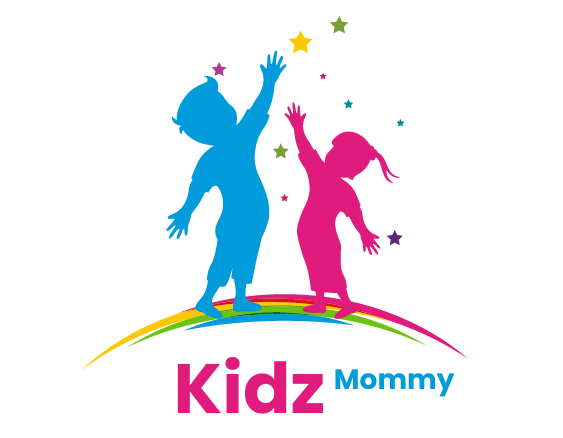If you’ve ever watched your child create an elaborate story using only a stick, a sock, and sheer imagination, you’ve witnessed real brain-building.
Play isn’t just something kids do to pass the time, it’s how they learn about themselves and the world around them.
The National Institute for Play says that when we play, it lights up parts of the brain linked to emotions, motivation, and problem-solving. Basically, play helps set the stage for learning and creativity.
Remember that 500th round of peekaboo you played? Yep, that’s science-backed learning right there.
Play Builds the Brain, Literally
In the first few years of life, a child’s brain forms more than 1 million neural connections per second, and much of that growth is fueled by play.
From stacking blocks to pretending a couch is a pirate ship, these activities shape memory and language.
The My Good Brain blog explains that pretend play, in particular, helps develop what’s called “executive function.” Kids need these crucial self-control and decision-making skills later in school and life.
The best part? You don’t need pricey STEM toys to make this magic happen.
When enrolling your little one at a daycare, inquire about their learning through play curriculum. Children should be encouraged to explore their surroundings while in a controlled environment.
KinderPage suggests researching online directories of childcare providers in your local community. You can narrow your search to infants, toddlers, kindergarten, and preschool.
When at home, use everyday items like cardboard boxes, spoons, or even the dog’s leash as tools for cognitive growth.
Risky Play Equals Smart, Resilient Kids
Yes, the phrase “risky play” might set off your helicopter parent alarm. But hear us out, a little risk is good for kids.
According to nature, letting children climb trees or play rough-and-tumble games helps them develop risk-assessment skills, resilience, and confidence.
These activities aren’t just physical, they teach kids how to make decisions, gage their limits, and handle failure.
In a world where bubble-wrapping childhood is tempting, a scraped knee here and there is a badge of honor in brain development.
The Magic of Repetitive Play
Let’s talk about that phase where your child insists on watching ‘Frozen’ on repeat or reading the same bedtime book every night for a month.
Exhausting? Maybe. But it’s also deeply beneficial.
The Conversation notes that repetition helps children process information more deeply and build memory and language skills.
When kids do the same things over and over, like telling the same story or playing the same game, they’re actually learning. They start to spot patterns, make sense of how things work, and feel more confident in the world around them.
So yes, singing ‘Let It Go’ on repeat might mean you’re letting your kid’s brain grow.
Play-Based Learning is the Ultimate Flex
Want your kids to learn without ever touching a textbook? Just lean into play; it’s one of the best ways they pick things up naturally.
According to the National Institute for Play, letting kids play freely without a set plan helps them improve at being creative, working with others, and problem-solving.
And those skills? They’re super important not just for school, but for life in general.
Play isn’t a break from learning; it is learning. Whether your kid is pretending to run a grocery store or turning couch cushions into mountains, they’re rehearsing real-world thinking skills.
You don’t need a Pinterest-perfect playroom to spark brilliant little minds. UNICEF says play doesn’t have to be a big production. It can happen during everyday stuff like laundry, eating dinner, or even brushing teeth.
Examples of Turning Daily Activities into Developmental Gold
- Let them measure flour or count grapes while helping you in the kitchen. That’s math!
- When in the car, turn license plates into letter hunts. That’s literacy!
- Water play introduces physics concepts during bathtime.
Play is a Superpower
Play isn’t a luxury or a time-filler; it’s one of the most powerful tools to support our children’s development.
Play helps shape kids’ brains, sparks their creativity, and supports them in growing into resilient, kind, and curious little humans. That’s why finding the right childcare provider is a big deal; it sets the stage for their learning journey.
Those pre-enrollment tasks might not be the most exciting, but they help you make smart, confident choices about where your child will thrive.
Don’t forget, pretend play is super important for building brain power. Kids climbing trees? That helps them learn how to assess risks.
And when they play the same thing again and again, they’re actually boosting their memory and language skills.
Next time your kid’s covered in mud, turning a stick into a magic wand, or begging to hear that same story again, smile! You’re not just witnessing play; you’re watching a brilliant little mind grow stronger, one giggle at a time.

